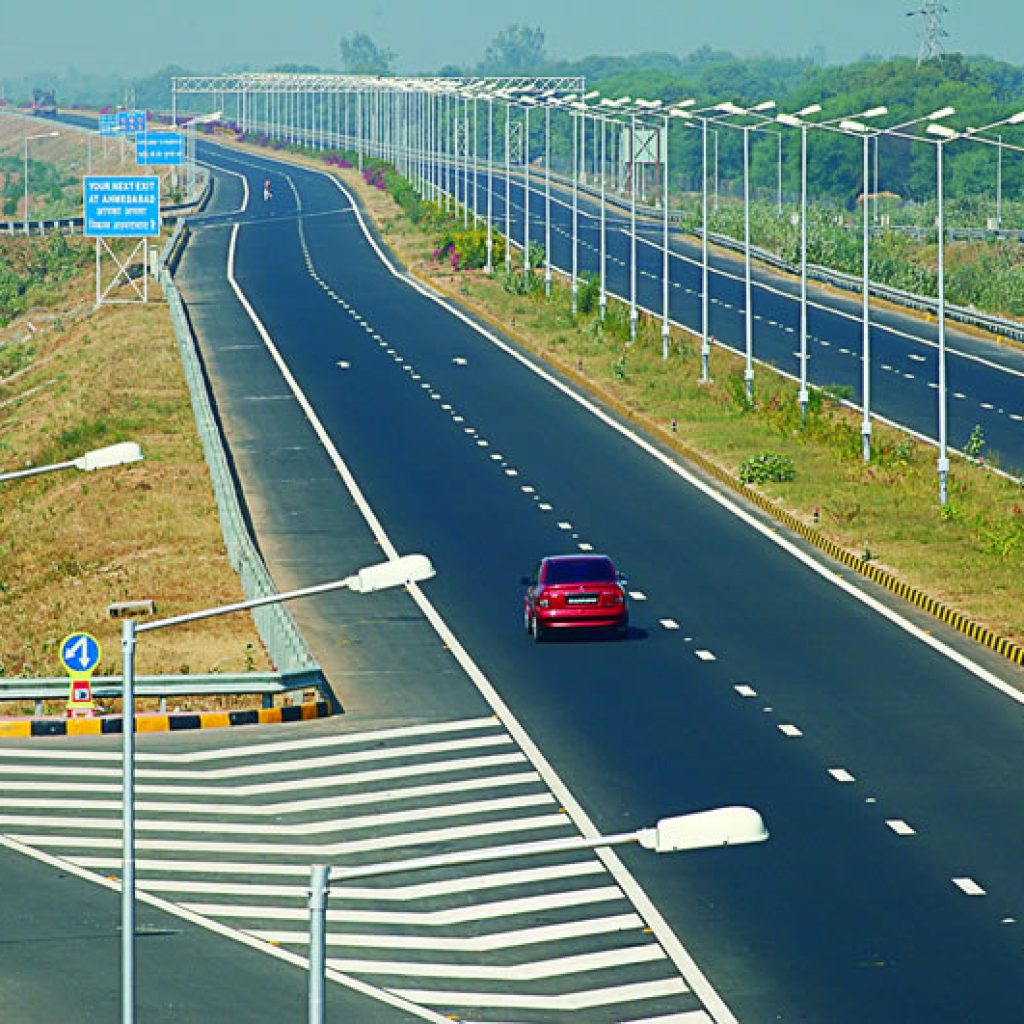Reviewing the 100-day agenda vision, Gadkari reiterated the government’s commitment to fulfilling the promises made in the Sankalp Patra including road safety, expansion of the highway network, and bolstering electric vehicle (EV) infrastructure
Nitin Gadkari took charge as the Minister for Road Transport and Highways for the third time under Prime Minister Narendra Modi’s leadership, met with senior officials of the ministry to outline his vision and set the agenda for his new term.
Sources said that in his initial meeting, Gadkari emphasized several critical priorities, including road safety, expansion of the highway network, and bolstering electric vehicle (EV) infrastructure. Highlighting the importance of reducing road accidents, he reiterated the goal of a 50% reduction in road accident deaths by 2030. Gadkari also discussed the implementation of cashless treatment for road accident victims, aiming to provide immediate and comprehensive medical care to those injured on highways.
Ajay Tamta and Harsh Malhotra who have been appointed as Ministers of State in the Ministry of Road Transport and Highways, were also present in the meeting.
“The latest road accident reports revealed that 2022 witnessed 460,000 road accidents, resulting in 168,000 deaths and around 400,000 serious injuries. Moreover, there are 53 road accidents every hour and 19 deaths in India. This is unacceptable, and we must take decisive action,” Gadkari had said earlier.
Gadkari also outlined an ambitious plan to strengthen the modern road connectivity ecosystem, targeting the construction of 15,000 km of access-controlled highways. Additionally, constructing ring roads around major cities to improve mobility and decongest urban areas is high on the agenda, Sources said. This move is expected to significantly enhance the flow of traffic and reduce travel times within and around major cities.
Electric vehicles and alternative fuels are another focal point of Gadkari’s strategy. He stressed the need to increase the fleet of EVs and establish widespread EV charging stations, as well as promoting the use of alternative fuels like ethanol. “Boosting EV infrastructure is crucial for reducing our carbon footprint and moving towards a more sustainable transportation system,” the source added.
Source: businesstoday.in





